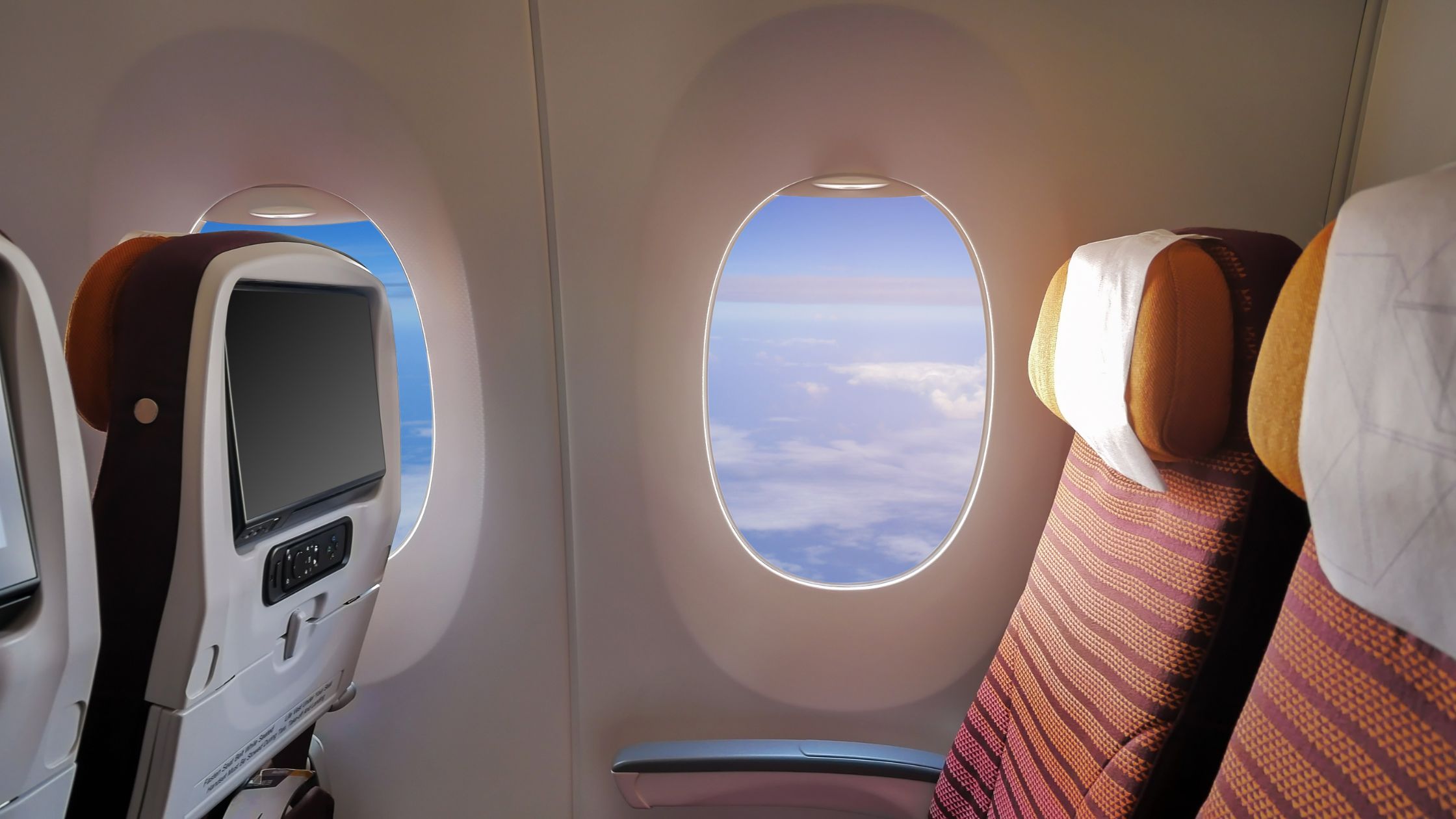If you’ve ever wondered why you find yourself paying for seat upgrades, priority boarding, or even in-flight meals, you’re not alone. In the latest episode of the Revenue Vector Podcast, Kris Glabinski dives deep into the psychology and strategy behind ancillary sales in the airline industry — and the insights go far beyond aviation. Here are our three biggest takeaways:
1. Smart Pricing Starts with Structure, Not Guesswork
Airlines don’t just “pick a number” for extra legroom or baggage fees. They use a structured pricing framework that balances:
- Costs (covering the direct expense of the service),
- Customer Value (what passengers feel it’s worth),
- Reference Prices (competitors’ rates), and
- Value Proposition (how it fits the brand).
This framework ensures the price hits the sweet spot between profitability and customer willingness to pay.
💡 Lesson: Whether you’re selling plane seats or SaaS subscriptions, grounding pricing in both cost realities and perceived value beats intuition every time.
2. Understanding Psychology is key in Revenue Growth
The airline industry is a masterclass in behavioral economics. Strategies like:
- Scarcity & Urgency (“Only 3 seats left!”)
- Anchoring (showing a $60 premium option next to a $25 upgrade)
- Social Proof (“75% of passengers choose extra legroom”)
- Loss Aversion (“Avoid cramped seating”)
…all nudge passengers toward spending more — often happily.
💡 Lesson: Subtle cues can shape buying decisions more effectively than blunt discounts. The right framing can make a small splurge feel like a smart choice.
3. Partners Can Be Competitors — and That’s Okay
Online Travel Agencies (OTAs) both sell airline ancillaries and compete with them (think: their own car rentals or shuttle services). This dual role forces airlines to innovate, differentiate, and sometimes collaborate to ensure offerings complement rather than cannibalize each other.
💡 Lesson: In modern commerce, channel partners may also be rivals. Treat that tension as fuel for innovation, not a threat to be feared.
Final Thought
From pricing discipline to psychological mastery and channel strategy, the lessons from airline ancillaries can be applied across industries. The next time you click “add” on a small upgrade, remember — it’s not just an upsell. It’s a carefully designed experience, backed by data and behavioral science.




